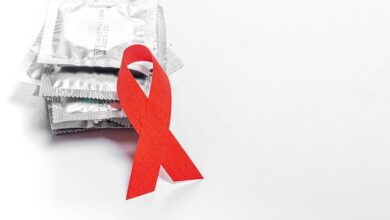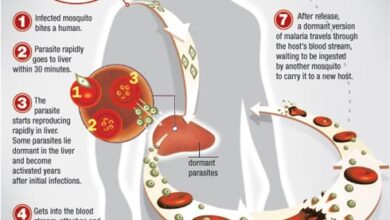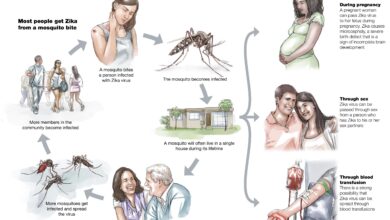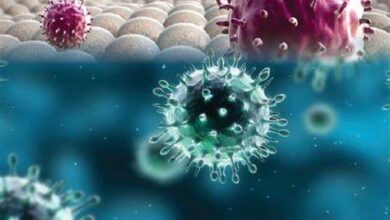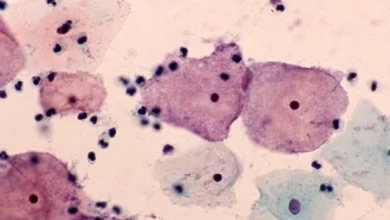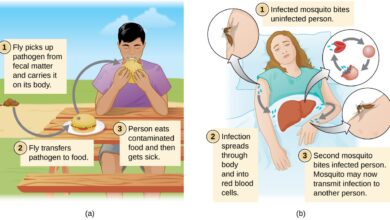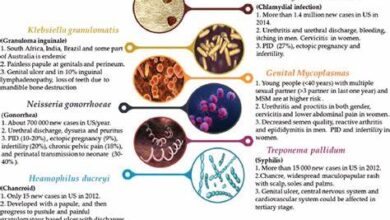
STIs The Stigma Must End
STIs: The Stigma Must End
Sexually transmitted infections (STIs) are a global health concern, affecting millions of people across all ages and demographics. While advancements in medicine have made significant strides in diagnosis and treatment, a persistent problem continues to hamper progress: stigma. This article delves into the harmful impact of stigma surrounding STIs and calls for collective action to create a world where open communication, understanding, and access to healthcare prevail.
## Beyond Numbers: The Human Cost of Stigma
- Silence and shame: Fear of judgment and discrimination often lead people to remain silent about their STI diagnosis, delaying testing and treatment, increasing transmission risks, and compounding emotional distress.
- Mental health burden: Shame, isolation, and fear associated with STIs can contribute to anxiety, depression, and even suicidal ideation.
- Barriers to healthcare: Stigma can deter individuals from seeking testing and treatment due to fear of judgment from healthcare providers or societal repercussions.
- Fueling misinformation: Lack of open dialogue breeds misconceptions and inaccurate information, hindering preventative measures and perpetuating discrimination.
## Demystifying STIs: Common Misconceptions Debunked
- Not just a “promiscuity” issue: STIs can be transmitted through various forms of sexual contact, regardless of relationship status or number of partners.
- Not always symptomatic: Many STIs, like Chlamydia and Gonorrhea, often present with no or mild symptoms, making early detection challenging.
- Not a death sentence: Modern medicine offers effective treatments for most STIs, minimizing complications and preventing transmission when diagnosed and managed early.
- Not solely affecting marginalized communities: STIs affect people of all backgrounds, economic statuses, and ethnicities.
## Breaking the Cycle: Steps Towards Destigmatization
- Open communication: Encourage open and honest conversations about sexual health, normalizing discussions about STIs and fostering understanding.
- Empathy and support: Replace judgment with compassion and support for individuals living with STIs, creating a safe space for seeking help and managing the diagnosis.
- Accurate information: Share reliable information about STIs through comprehensive sex education, public awareness campaigns, and media portrayals that challenge stereotypes.
- Advocate for change: Support policies and initiatives promoting accessible, stigma-free testing and treatment services, ensuring healthcare equity for all.
## Empowering Individuals: Taking Control of Your Health
- Knowledge is power: Educate yourself about STIs, transmission risks, prevention methods, and available testing options.
- Regular testing: Prioritize regular testing based on your individual risk factors and consult healthcare providers for personalized recommendations.
- Open communication with partners: Have honest conversations with your partners about sexual health and testing, promoting informed decision-making and mutual respect.
- Seek support: Utilize confidential counseling services or support groups to address emotional challenges associated with an STI diagnosis.
## A Collective Responsibility: Building a Stigma-Free Future
- Education: Advocate for comprehensive sex education programs in schools and communities, equipping individuals with the knowledge and skills to make informed choices about their sexual health.
- Accessible healthcare: Promote policies that ensure accessible, affordable, and confidential testing and treatment services for all, regardless of background or socioeconomic status.
- Media responsibility: Encourage media outlets to portray STIs accurately and sensitively, avoiding sensationalism and harmful stereotypes.
- Empowering communities: Collaborate with community organizations and healthcare providers to develop targeted interventions and promote awareness within diverse populations.
By dismantling the stigma surrounding STIs, we can create a healthier world where everyone feels empowered to prioritize their sexual health, access necessary services, and make informed choices without fear or judgment. Let’s stand together and raise our voices: The stigma surrounding STIs must end, and access to healthcare and open communication must prevail.
- Baby names starting with A
- Baby names starting with B
- Baby names starting with C
- Baby names starting with D
- Baby names starting with E
- Baby names starting with F
- Baby names starting with G
- Baby names starting with H
- Baby names starting with I
- Baby names starting with J
- Baby names starting with K
- Baby names starting with L
- Baby names starting with M
- Baby names starting with N
- Baby names starting with O
- Baby names starting with P
- Baby names starting with Q
- Baby names starting with R
- Baby names starting with S
- Baby names starting with T
- Baby names starting with U
- Baby names starting with V
- Baby names starting with W
- Baby names starting with X
- Baby names starting with Y
- Baby names starting with Z


